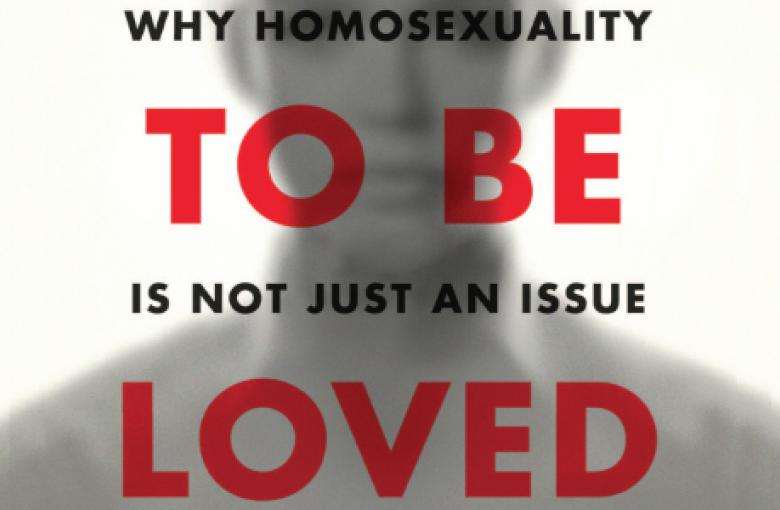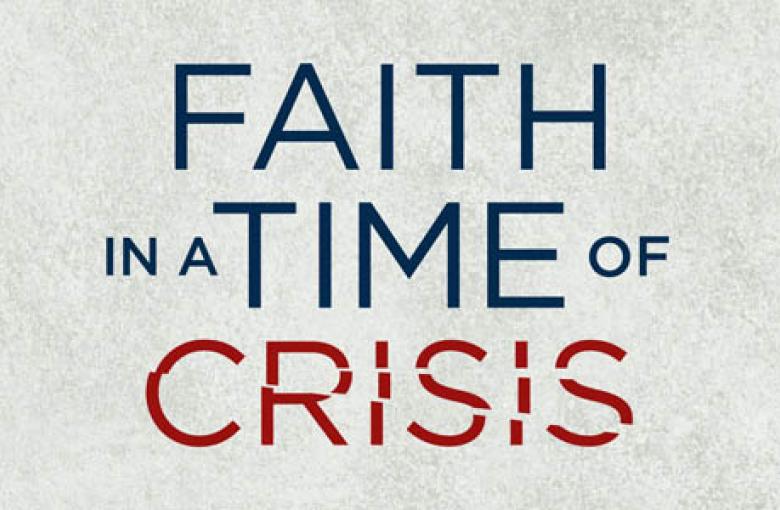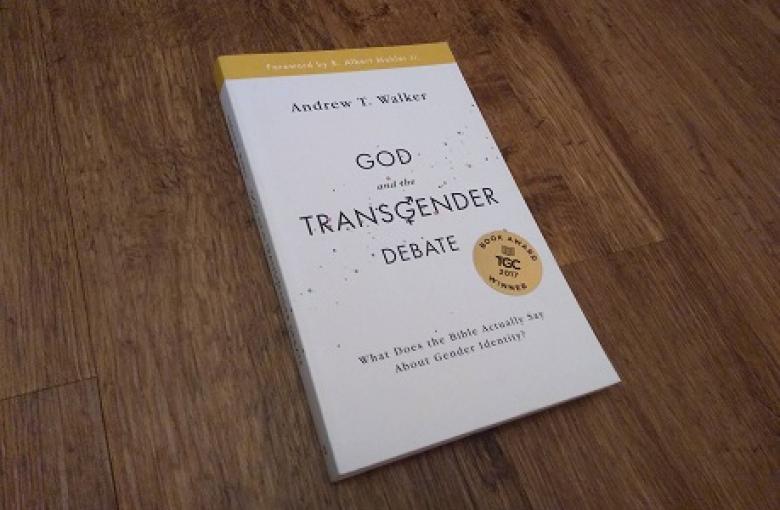Despite the clear call to speak God’s message, the Church has always faced the pressure to keep quiet, especially when it comes to articulating areas of the Christian message that are more counter-cultural than others. For the modern Church in the West, the pressure to not talk about God’s perspective on same-sex relationships has grown.
In the midst of all the poetry in the book of Song of Songs, I have been struck by a very practical teaching that is stated three times: “Do not arouse or awaken love until it so desires”. This implies that it is unwise to allow this love to develop prematurely.
The word holiness can give rise to thoughts of legalism. Rightly teaching the Bible truth on ethics and godly behaviour can so easily cause others to consider us dour or legalistic. Keeping in mind all this confusion around the command “be holy”, we must remind ourselves of some fundamental motivations for holy living.
Preston Sprinkle (don’t you just love that name!?), is an author, teacher, and speaker with a PhD in New Testament. He’s written a gem of a book called ‘People to be Loved.’ It’s a book that takes seriously the challenge of revisionist teaching, but throughout it radiates a pastoral warmth.
To trust in God is a wonderful thing. For the Christian who is called to stay celibate because of enduring same-sex attractions, this call can reveal where the person's trust really lies. Do we trust that God knows best even when He denies us what we desire?
Christians can still struggle with gender stereotypes. Unable just to choose a different gender, as some would now advocate, we can be left wondering how to navigate any struggles with gender stereotypes while still remaining faithful to our biblical worldview. We should enjoy the freedom of not having to reach every cultural standard of masculinity and femininity.
This insightful and thought-provoking book is apt for our spiritually hungry age where both Christians and non-Christians are easily caught out by searching for contentment in the wrong places. There have been countless Christians who have struggled with contentment and satisfaction throughout history and the author draws extensively on the wisdom of writers from centuries past.
This short but meaty book is a useful summary of much of the distilled wisdom of Vaughan Roberts. The book grapples with the debate raging in the Global Anglican Church, but the questions posed by Roberts deserve consideration by all of us seeking to get to grips with the fast-changing nature of sexual ethics in our society.
Andrew T Walker has written a warm and pastoral book on the issue of transgender. He starts by setting out the context of cultural trends, gender language and where we get our authority from. He then looks at the Bible, both at individual passages and also the broad themes that go through it.









